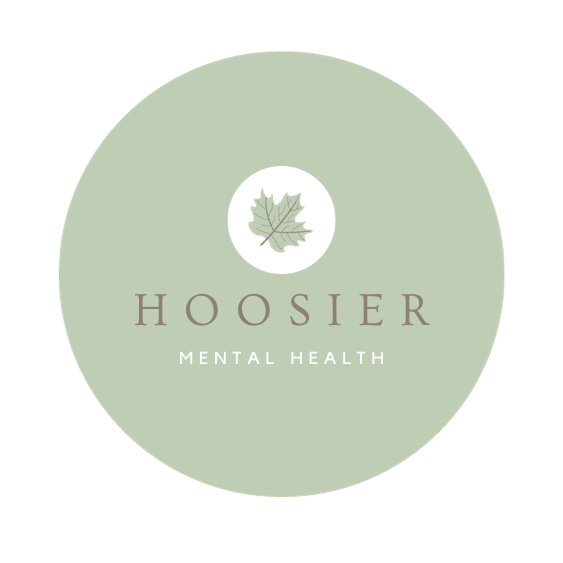
About Me
Hey! I’m Lana.
I’m Lana Lipe (she/they/love), a Licensed Clinical Social Worker (LCSW #34010641A), and the owner of Hoosier Mental Health in Indianapolis, Indiana. I provide therapy to people living in Indiana.
My Experience
I am currently a therapist in Indiana and have run my own private practice for over four years.
I have six years working in healthcare and non-profit settings. During this time, I worked with countless clients and their families as they navigated the challenges associated with critical illness, chronic illness, and end-of-life care.
During my time as an ICU Social Worker in a level-one trauma hospital in Honolulu, Hawaii, I helped co-create a Critical Incident Stress Management team (CISM) that was implemented hospital-wide.
I have extensive training and experience in gender dysphoria, compassion fatigue, anxiety, grief, advocacy, intersectionality, health equity & trauma-informed care.
In addition to my work as a mental health professional, my work has been published in places like: Oprah Daily, LiveStrong, Newsweek, Care.com, Healthline, and The New Social Worker Magazine.
I have spoken at the National Kidney Foundation’s annual Spring Clinical Meetings on the importance of hope when living with a chronic health condition and have been featured as a recurrent guest mental health expert on James Fabin’s Chronic Kidney Disease Channel—Dadvice TV.
I have completed training as a Certified Grief Educator with world-renowned grief expert, David Kessler.
Education
I earned my Master’s Degree from the University of Maryland School of Social Work in Baltimore, Maryland in 2017.
I am currently enrolled in the Doctor of Social Work (DSW) in Clinical Practice & Leadership Program at the University of Tennessee-Knoxville and will graduate in 2026.
Training
My training as a Licensed Clinical Social Worker (LCSW) is extensive.
My profession requires that I receive at least 100 hours of close supervision over my work for a span of at least two years before I can sit for an exam to become an LCSW.
In addition, I’m required to get ongoing education and training to stay up-to-date on the best evidence-based practices, policies, laws, and ethics.
While not required, I continue to meet with other qualified providers for ongoing case consultation to ensure I’m providing the best care to my clients possible.
My Philosophy
My focus in therapy centers around providing an open and accepting environment where clients can feel nurtured and empowered to make the lasting changes they want in their lives.
By taking a holistic approach, we can identify patterns from the past, explore current behavior, and create new strategies that fuel strides toward unstoppable personal growth and well-being.
I find that the best therapists have often been on the other side of the chair—Meaning that the best therapists do their own work as clients so they work through their own challenges so they can show up for you. I continue to see a therapist regularly for this exact reason! It also helps me figure out what I like (and what I don’t like), so I can keep this in mind and be the kind of therapist I want to have.
Since there is no one-size-fits-all approach to therapy, I find that the theoretical approaches I utilize are client-centered, strengths-based, eclectic, and integrative. My training and experience is grounded in the research and work of those with lived experience.
My work operates from an intersectional framework. Intersectionality is not a new term, though it has been given much more attention since it was coined by Kimberlé Crenshaw in the 80s. She defines intersectionality as,
“It’s basically a lens, a prism, for seeing the way in which various forms of inequality often operate together and exacerbate each other. We tend to talk about race inequality as separate from inequality based on gender, class, sexuality or immigrant status. What’s often missing is how some people are subject to all of these, and the experience is not just the sum of its parts,” (Steinmetz, 2020).
I strive to be an ally & anti-racist who is committed to ongoing professional training and self-study so I can show up both personally and professionally to people who are impacted by systemic forms of oppression.
I view unlearning information that perpetuates systemic oppression and getting comfortable in being uncomfortable with checking my own biases and privilege as crucial elements of my personal and professional life. My work is identity-affirming and culturally-sensitive. I view allyship as a verb--an action requiring constant learning and unlearning, not a static, unchanging identity.
Think you’ve found the right therapist for you?
References
Steinmetz, K. (2020). She coined the term ‘intersectionality’ over 30 years ago. Here’s what it means to her today. https://time.com/5786710/kimberle-crenshaw-intersectionality/

